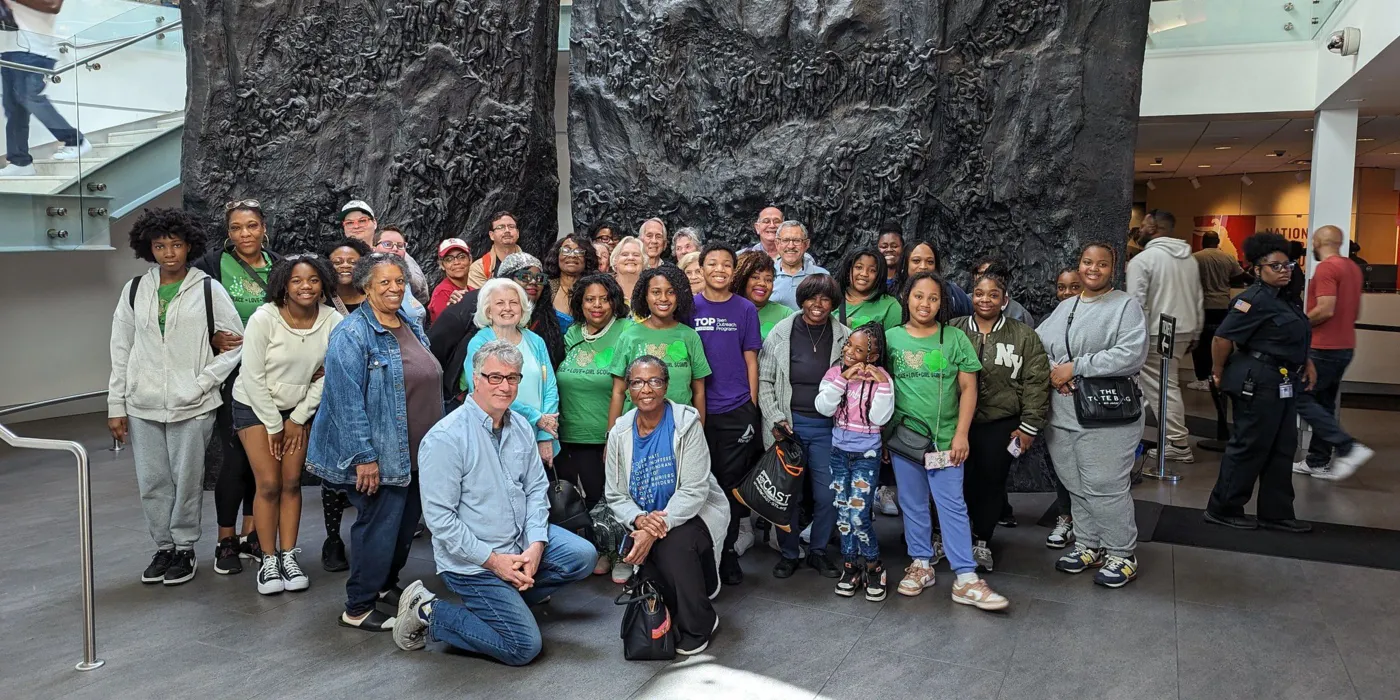“Be still and know that I am God.” –Psalm 46:10
I do not do well with staying still. I like to be on the move. Even as a child the worst punishment you could give me was to sit quietly in a corner. There is something about moving for me that grounds me, that centers me. Close friends and my family joke that I am a human doing. I resemble that remark.
Sitting still for me is hard. And I realize that as someone who speaks with their hands as much as with my voice I need those moments of stillness. We all need those moments of stillness.
The dictionary officially defines stillness as: to stop, cease, desist. To not move. To rest. To stay fixated. To wait. To be at peace.
To be at peace resonates with me. It reimagines stillness as a state of being and invites us to think beyond the physical act of sitting still. In the ever-evolving world in which we live, now more than ever we need to places of peace and that time of stillness.
Spiritual writers and leaders, both ancient and contemporary, agree that the disciplines of silence, solitude, and stillness lead to a love of God, a love of self, and a love of others. More than any previous generation in history, we are tempted to be “doing” in order to find our worth, our place, our belonging. To lean into the gift of silence, solitude, and stillness is a revolutionary act in many ways.
Being still is a practice often overlooked in our fast-paced world, yet it holds profound value for our well-being. In a society constantly in motion, being still offers a sanctuary for the mind and soul. It's a deliberate pause, a moment of reflection amidst the chaos. Ultimately, being still is a precious gift we can offer ourselves. It nourishes our souls, promotes mental health, and renews our appreciation for life's simple wonders. In a relentless world, it's a reminder that sometimes, the most profound growth happens when we pause and simply be.
We are in a culture that conditions us to be comfortable with noise and crowds and uneasy with silence. We have an addiction to noise and to doing. Silence and stillness are rare in our society as our lives are always filled with background noise or the need to do in order to be “productive,” without which we tend to fear nothing is happening. What does it say about our souls if we have to have noise to feel as if something is happening around us?
Throughout scripture we see time and again that God is found not in the earthquake or thunder but in the stillness. God does God’s best work in silence. From the calling of creation into being to the resurrection of Jesus from the dead, God always begins in stillness. Our ancient spiritual ancestors knew the value of sitting in stillness, listening for God’s voice to speak. Through religious orders, spiritual retreats, and natural oases they called communities to simply be still. How much more could we learn from our spiritual ancestors around stillness?
Stillness allows us to experience life-transforming concentration on God. While silence may not be my natural inclination, I know that I need to be still. I need those things that call me to silence, to stillness, to solitude. We all need to discover what it means to be at peace. When we are moving so quickly, perhaps that is a good time to “be still and know that I Am God!”
